Mali
A bus station in Mali's capital stands unusually quiet, with foreign passengers left in limbo after West African countries closed their borders with the military-ruled nation.
Africa Tours Trans is one of the main bus firms in the impoverished Sahel state, offering connections to its regional cities as well as to neighbouring countries.
But late Tuesday morning only one bus arrived at its station in Bamako, coming from the central Malian city of Sevare.
Dozens of would-be passengers were hanging around next to their luggage, left in limbo by recent border closures.
On Sunday, the Economic Community of West African States (ECOWAS) agreed to shutter borders with Mali and impose a trade embargo over delayed elections.
The move came after Mali's army-dominated government last month proposed staying in power for up to five years before restoring democracy -- despite international demands that it respect a promise to hold elections on February 27.
Relations between Mali and its neighbours have steadily deteriorated since Colonel Assimi Goita took power in a military coup in August 2020.
The sanctions are already affecting travellers in Mali, a vast landlocked nation of 19 million people that borders seven other states.
The country's location makes it a key transport hub for the region, with Bamako a key stop along the land route linking countries such as Senegal to states further east, such as Nigeria.
- 'Shocked' -
Jennifer Edong, a Nigerian in her 30s who works in fashion, was among the passengers stranded at the Africa Tours Trans station in Bamako.
She had been travelling to The Gambia for work, and had arrived in Mali on Friday expecting her next connection to depart on Tuesday -- only to turn up at the station and find the connection cancelled.
"We are stuck here, I cannot do anything," she said, adding that she didn't have a local SIM card and disliked Malian cuisine.
Only the routes to Mauritania and Algeria -- which are not ECOWAS members -- and Guinea remain open.
Guinea is a member of the regional bloc, but is also governed by a military junta and has decided to leave its border with Mali open.
Peter Adeyemo, 48, another Nigerian who was en route to his home in The Gambia, was sleeping on a bench nearby.
He opened his eyes to ask when the borders were due to open, but no one was able to answer.
"I was shocked," Adeyemo told AFP of the cancelled routes, explaining that being forced to camp at the bus station meant he could not bathe, among other problems.
It is not clear when the sanctions will be lifted, nor how Mali will respond to them.
Mali's interim government has pledged to "develop a response plan to safeguard our sovereignty and preserve the integrity of our national territory", but has not offered any details.
- 'We'll deal with it' -
For Malian travel firms, the border closures will also compound commercial problems posed by the Covid-19 pandemic, which has already made travel across the region more difficult.
Yaya Zakaria Toure, a representative of African Tours Trans, said the sanctions would "make the problem even worse".
All international connections scheduled this week have been cancelled, he said.
"But we'll deal with it because we have no other choice. We follow the government".
Several transport industry officials told AFP that many buses are still running, but they are now simply dropping passengers off at the border.
Travellers must then cross the border on foot, baggage in hand, before catching a bus on the other side.
"That's how we do it at the border with Ivory Coast, which has been closed for two years because of coronavirus," said one bus driver, who declined to be named.
At the Africa Tours Trans station in Bamako, the Malians able to return home did so.
But the foreigners -- often without lodgings or relatives in the city -- remained on its benches, hoping for a swift resolution.
"By the grace of God, maybe we will move," said Edong, the Nigerian who works in fashion.




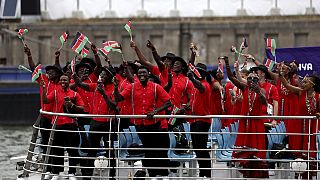
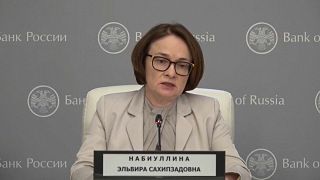
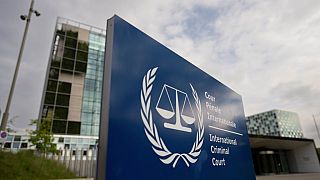
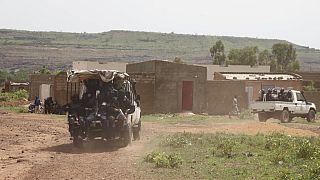

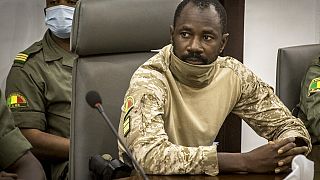

00:51
Kenya president retains 6 former Cabinet ministers in first batch of appointments
Go to video
Can Diomaye Faye bring Burkina, Mali and Niger back into ECOWAS?
Go to video
ECOWAS mandates Faye to discuss with Burkina, Mali and Niger
02:11
Coup-hit nations of Niger, Mali and Burkina Faso form Sahel Alliance
01:39
ICC convicts al-Qaida-linked leader of atrocities in Mali
00:42
Malian singer detained in Italy in child custody dispute